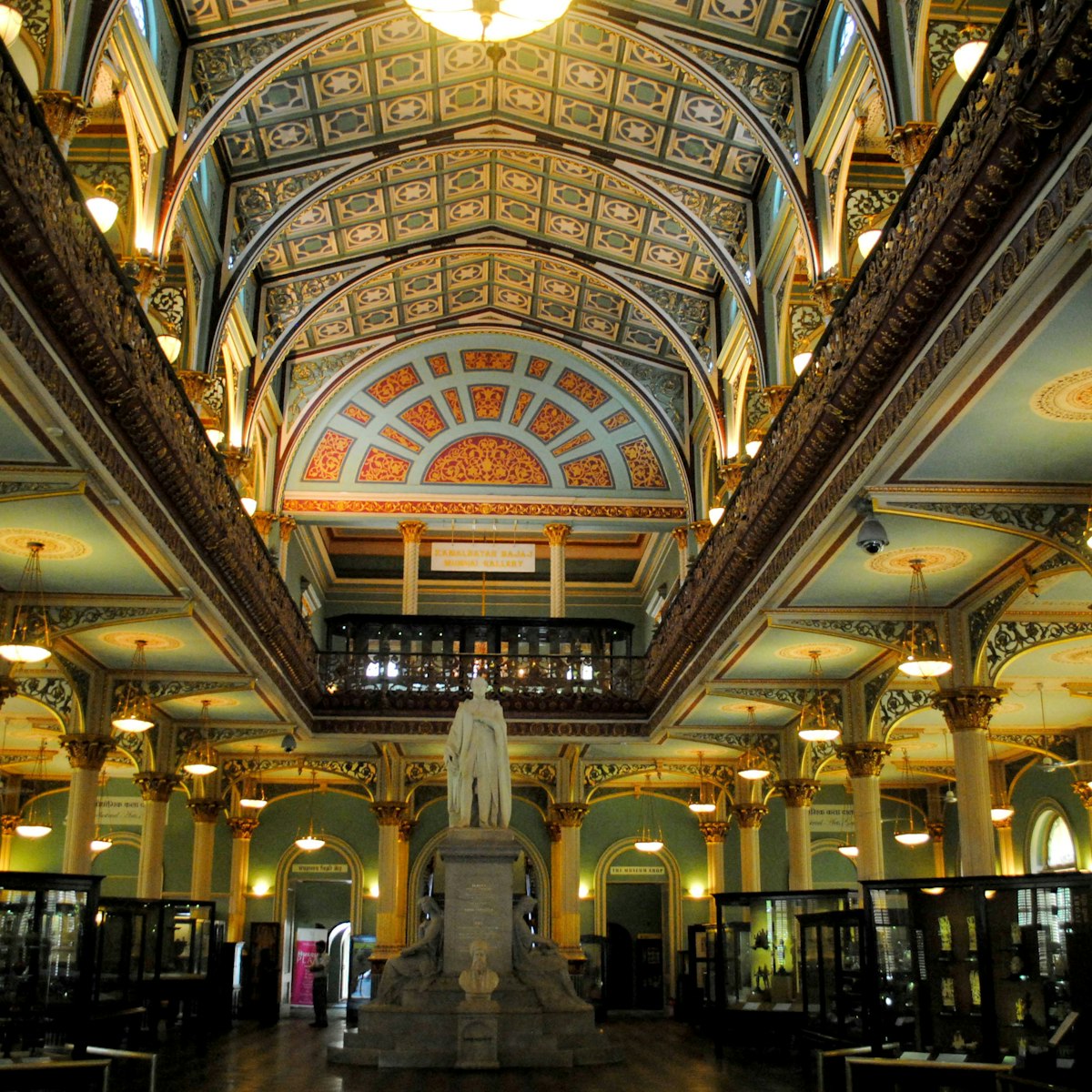Northeast of the Gateway of India in Mumbai Harbour, the rock-cut temples on Gharapuri, better known as Elephanta Island, are a Unesco World Heritage Site. Created between AD 450 and 750, the labyrinth of cave temples represent some of India’s most impressive temple carving.
The main Shiva-dedicated temple is an intriguing latticework of courtyards, halls, pillars and shrines; its magnum opus is a 6m-tall statue of Sadhashiva, depicting a three-faced Shiva as the destroyer, creator and preserver of the universe, his eyes closed in eternal contemplation.
It was the Portuguese who dubbed the island Elephanta because of a large stone elephant near the shore (this collapsed in 1814 and was moved by the British to Mumbai’s Jijamata Udyan). There’s a small museum on-site, with informative pictorial panels on the origin of the caves.
Pushy, expensive guides are available – but you don’t really need one as Pramod Chandra’s A Guide to the Elephanta Caves, widely for sale, is more than sufficient.
Launches head to Gharapuri from the Gateway of India every half hour from 9am to 3.30pm. Buy tickets from the MTDC booth at Apollo Bunder. The voyage takes about an hour.
The ferries dock at the end of a concrete pier, from where you can walk or take the miniature train (₹10) to the stairway leading up to the caves (it’s lined with souvenir stalls and patrolled by pesky monkeys). A passenger tax (₹5) is also charged. Wear good shoes (those opting to walk are looking at 1.2km). Doli-carriers charge ₹1200 to carry up the aged or disabled.








